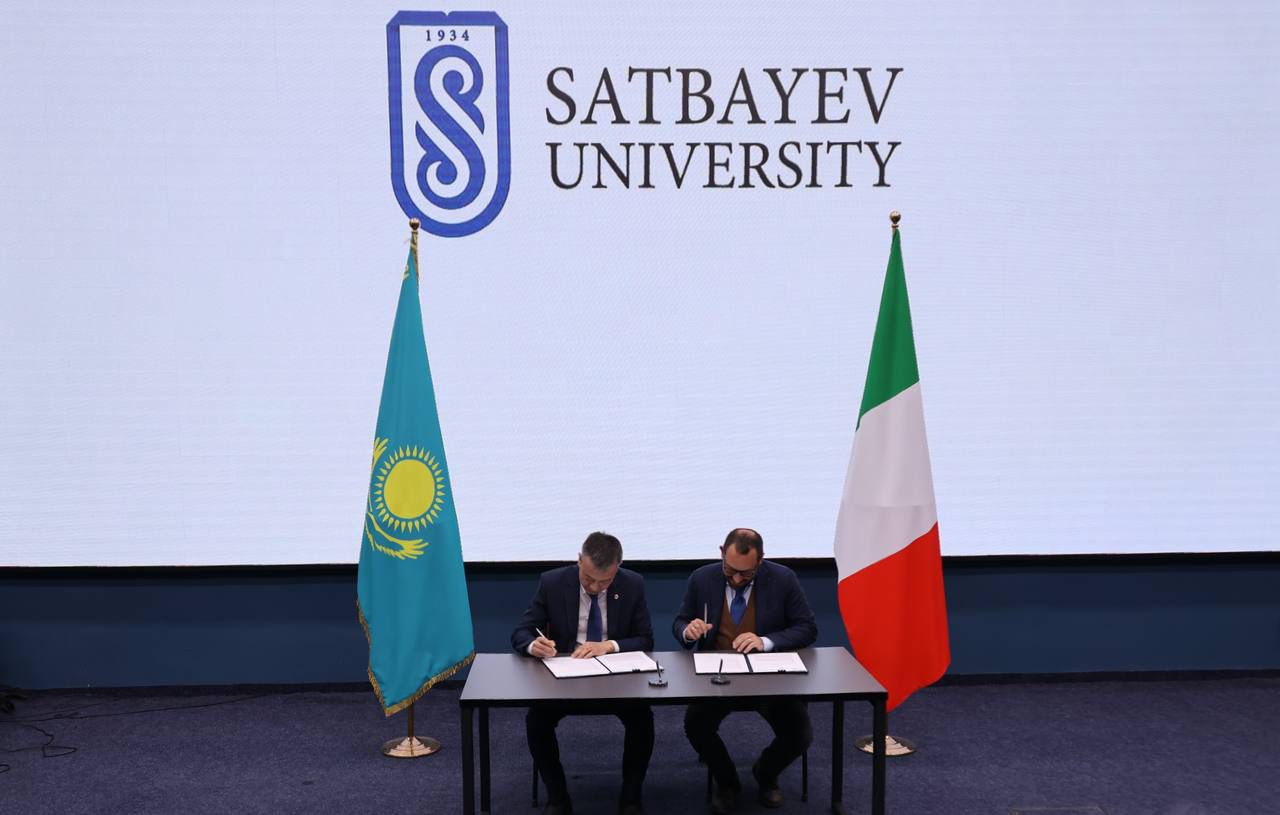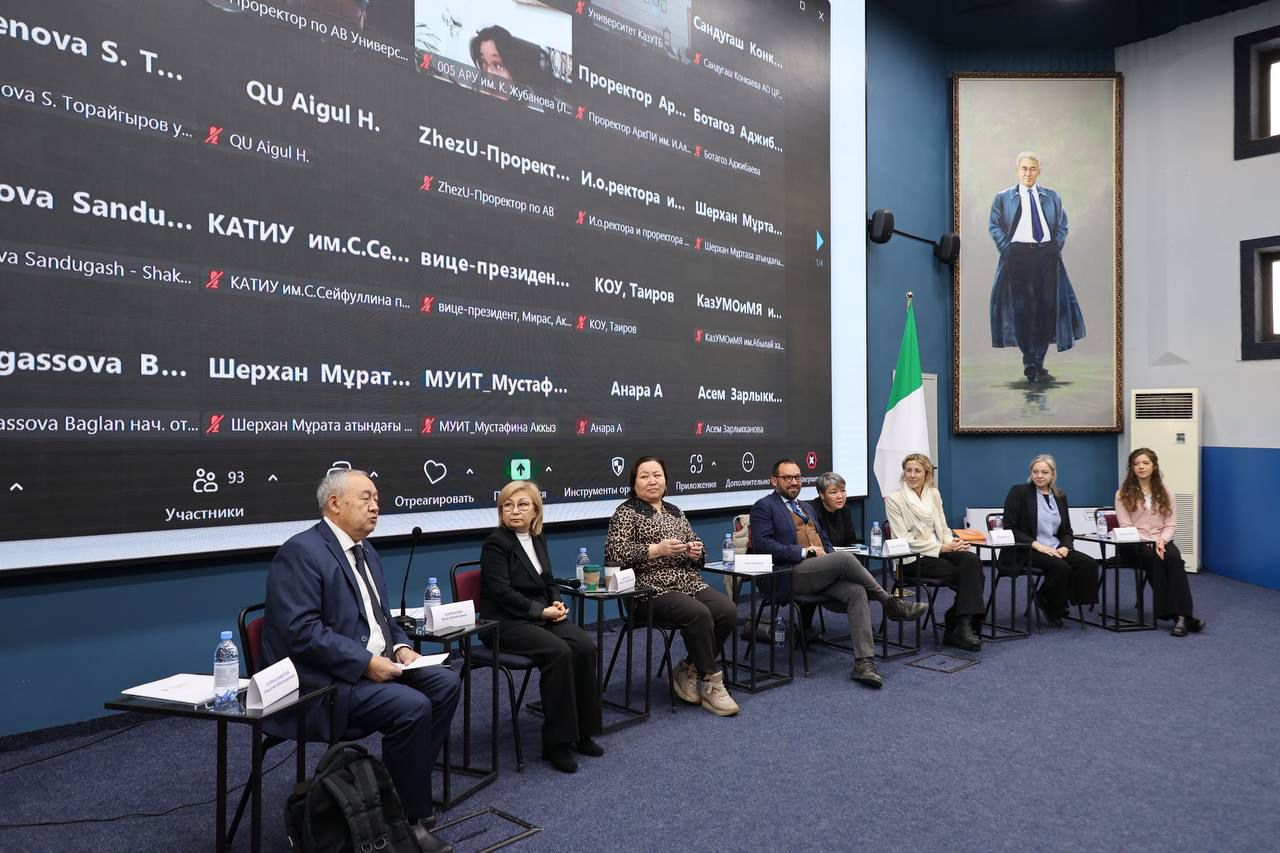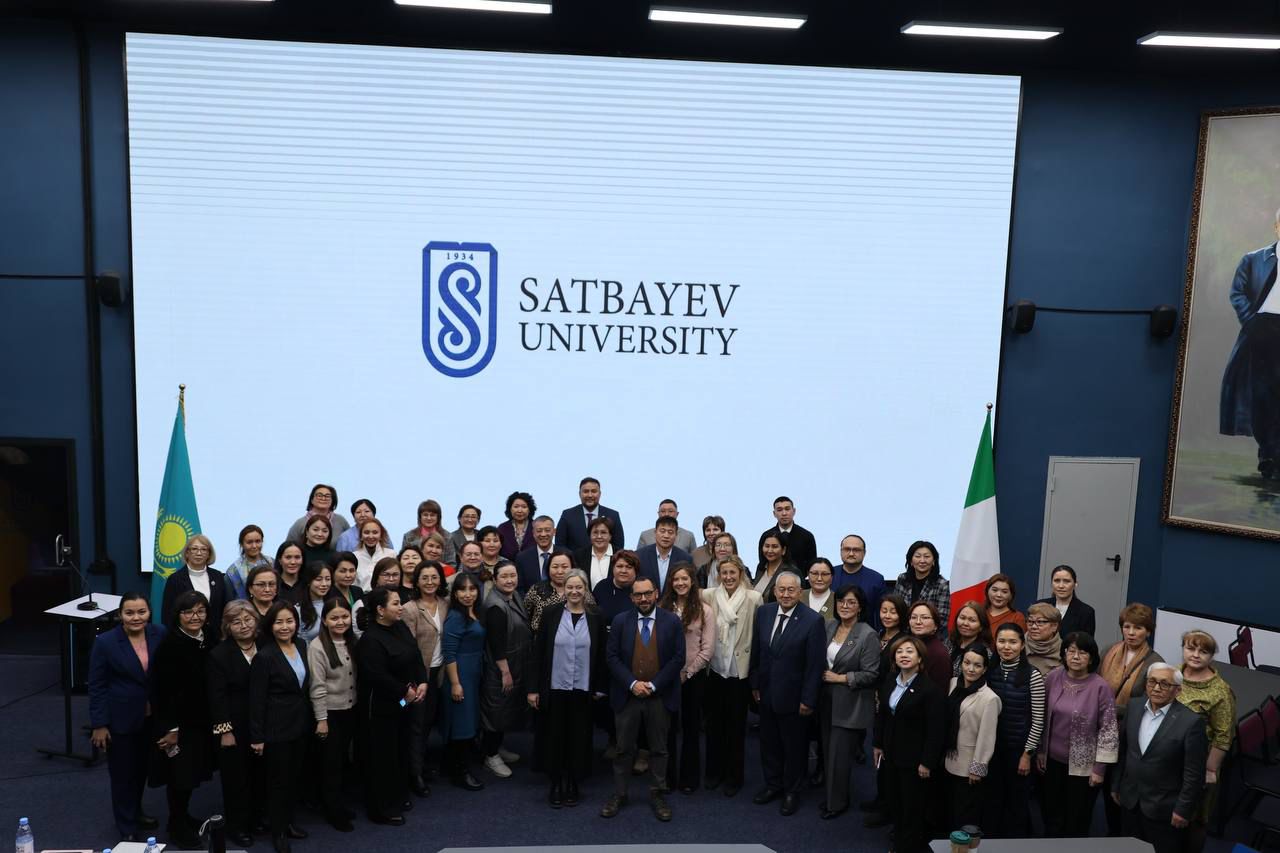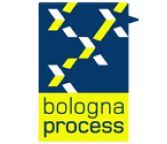Lifelong Learning: A Step Toward Bridging Education and the Labor Market
Almaty, December 17, 2024 – A significant seminar was held in Almaty, focusing on the development of micro-credentials as an effective tool for adapting the education system to the demands of the modern labor market. Micro-credentials represent a key mechanism that allows for quick and flexible responses to changes in economic needs, preparing specialists capable of addressing contemporary challenges.
This event resulted from an agreement reached during the Strategic Partners Forum held on October 17, 2024, between the Information Center for Academic Mobility and Recognition (CIMEA, Italy) and the National Center for Higher Education Development of the Ministry of Science and Higher Education of Kazakhstan. The seminar was supported by the Kazakh National Technical University named after K.I. Satpaev and the Kazakh National Pedagogical University named after Abai.
The seminar was attended by over 100 representatives from universities and colleges across Kazakhstan, highlighting the strong interest of educational institutions in implementing innovative approaches to workforce preparation.
The seminar was opened by Gulzhan Sagidullayevna Jarasova, Deputy Chair of the Committee for Higher and Postgraduate Education of the Ministry of Science and Higher Education of Kazakhstan, who provided a detailed overview of the legal frameworks regulating non-formal education and micro-credentials. Key contributions were made by Banu Narbekova, Vice-Rector for Academic Affairs of the Kazakh National Pedagogical University named after Abai, who shared standards for developing and implementing micro-credentials in the educational process. Lyazzat Shonaeva, Deputy Director of the Human Capital Development Department of the National Chamber of Entrepreneurs "Atameken," emphasized the role of the Chamber in developing professional qualifications, while Sandugash Konkaeva, Director of the Methodological Support Department of the National Qualifications System of the National Center for Technology and Workforce, discussed the importance of collaboration among different institutions in shaping national qualification standards.
Additionally, seminar participants were introduced to international practices and standards in micro-credentials, presented by Luca Lantero, CEO of CIMEA, and Chiara Finocchetti, Director of CIMEA. The experience of Italy in this field became a model for Kazakhstan in the context of integrating micro-credentials into the higher education system.
The seminar program included discussions on successful examples of implementing micro-credentials in key sectors such as information technology, marketing, finance, and manufacturing. At the conclusion of the event, an agreement was signed between the National Center for Higher Education Development and CIMEA, opening the way for integrating international experience into Kazakhstan's educational system.
This three-day seminar marked a significant step in modernizing vocational education and strengthening its connection with the current demands of the labor market. Micro-credentials will enable flexible adaptation of educational processes, which in turn will enhance the competitiveness and professional skills of the workforce in a rapidly developing market.






